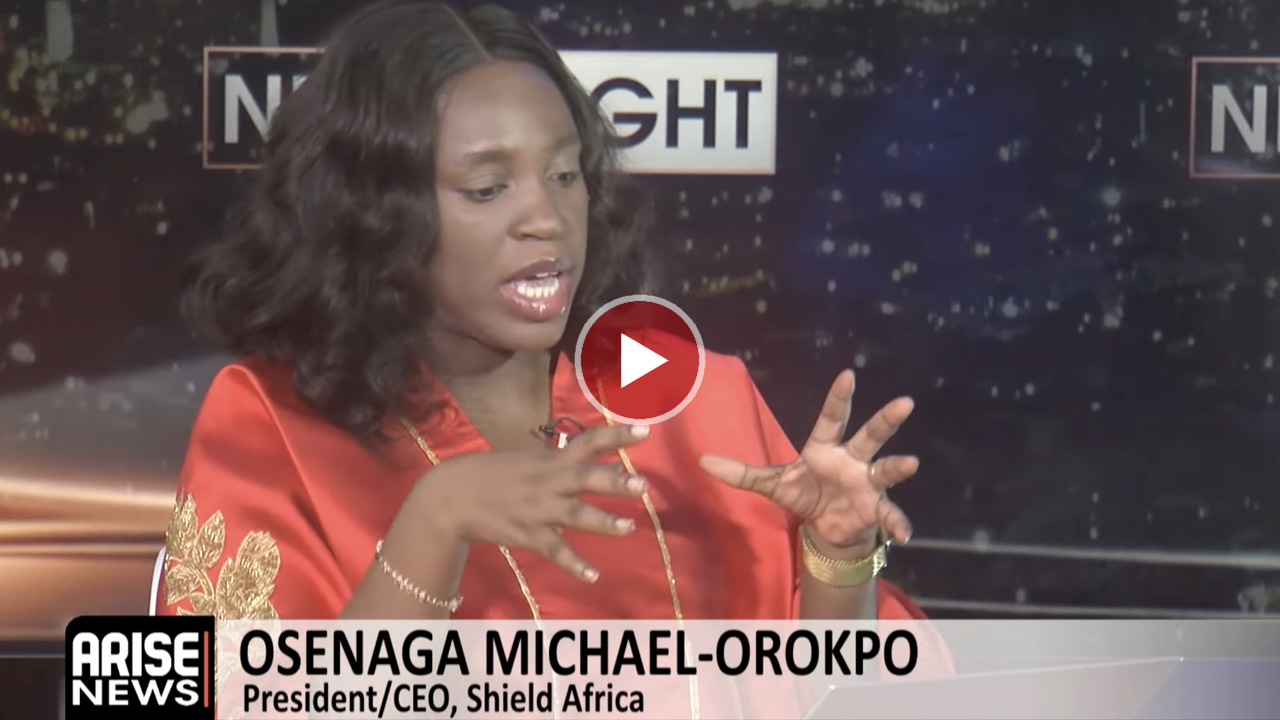

President and CEO of Shield Africa, Osenaga Michael-Orokpo, has stressed that Nigeria cannot achieve food security without creating a credible, structured database of farmers to ensure that government support and inputs reach the right beneficiaries.
Speaking on ARISE News on Thursday, Orokpo said while the federal government introduced an import substitution policy to stabilise food prices, persistent structural challenges such as insecurity, currency devaluation, rising input costs, and inconsistent policies have undermined local food production.
“The import substitution window was meant to balance food prices and boost local production, but insecurity has displaced over two million farmers,” she said. “Fertilizer costs have risen from ₦8,000 per bag a few years ago to as high as ₦50,000 this year. These systemic issues make it difficult to achieve food self-sufficiency.”
Orokpo said that despite claims of widespread government support for farmers, only a small fraction of Nigeria’s estimated 38 million farmers have been properly captured in the government’s records.
“From my assessment, not more than 20 percent of farmers are captured in the database as real farmers,” she said. “Do we even have accurate data that shows who these farmers are, what they cultivate, and where they are located? Until that happens, support will only reach a few.”
She emphasised that a functional farmer database is critical to effective policy implementation and equitable distribution of inputs, such as fertilizer, seeds, and tractors, adding that the lack of structure makes it difficult for government interventions to yield results.
Addressing opportunities for youth and women in agriculture, Orokpo said the sector offers enormous potential across the value chain — from cultivation to research, innovation, and agribusiness management.
“Our farmers are aging. It’s time for young people to take over,” she said. “The opportunities are vast — from actual farming to developing drought-resistant, high-yielding seeds, to producing local fertilizers and adopting new technologies.”
She added that both government and private sector players have a role to play in training and empowering young agripreneurs with technical knowledge and financing.
Orokpo also spoke about Shield Africa’s upcoming Future of Agribusiness in Africa Summit, which will focus on empowering youth and women through agricultural knowledge and financing.
“We are supporting young people aged 18 to 40 with seed funding of $1,500 each to boost their agribusinesses,” she said. “This is self-funded, and it’s our contribution to building the next generation of agricultural leaders.”
Boluwatife Enome



